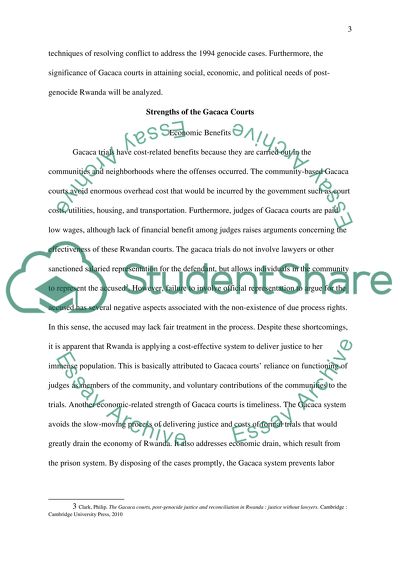Cite this document
(“Drawing upon general theories of transitional justice, analyse the Essay”, n.d.)
Retrieved from https://studentshare.org/history/1457819-drawing-upon-general-theories-of-transitional
Retrieved from https://studentshare.org/history/1457819-drawing-upon-general-theories-of-transitional
(Drawing Upon General Theories of Transitional Justice, Analyse the Essay)
https://studentshare.org/history/1457819-drawing-upon-general-theories-of-transitional.
https://studentshare.org/history/1457819-drawing-upon-general-theories-of-transitional.
“Drawing Upon General Theories of Transitional Justice, Analyse the Essay”, n.d. https://studentshare.org/history/1457819-drawing-upon-general-theories-of-transitional.


